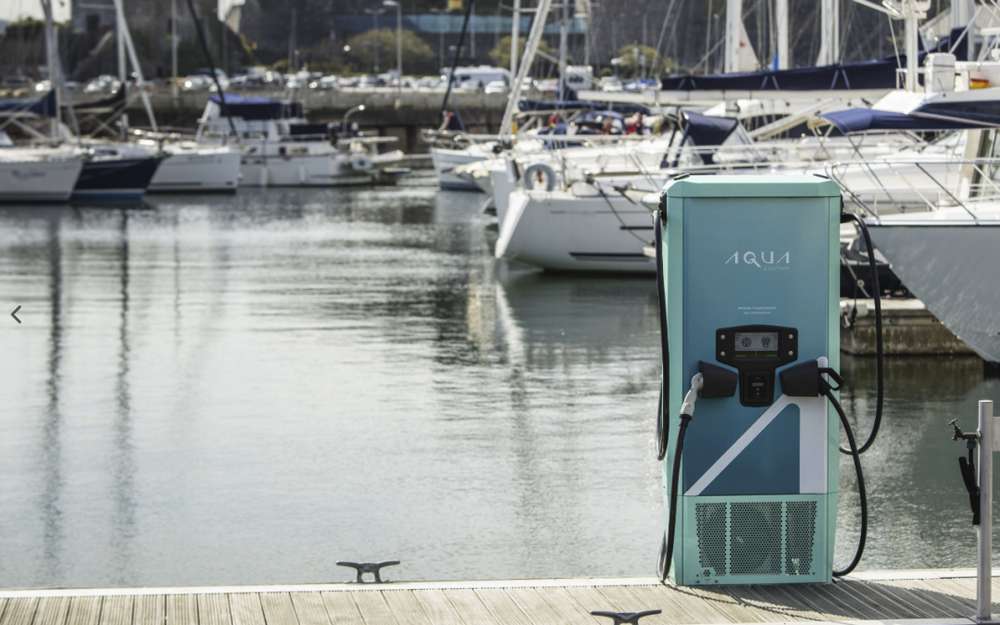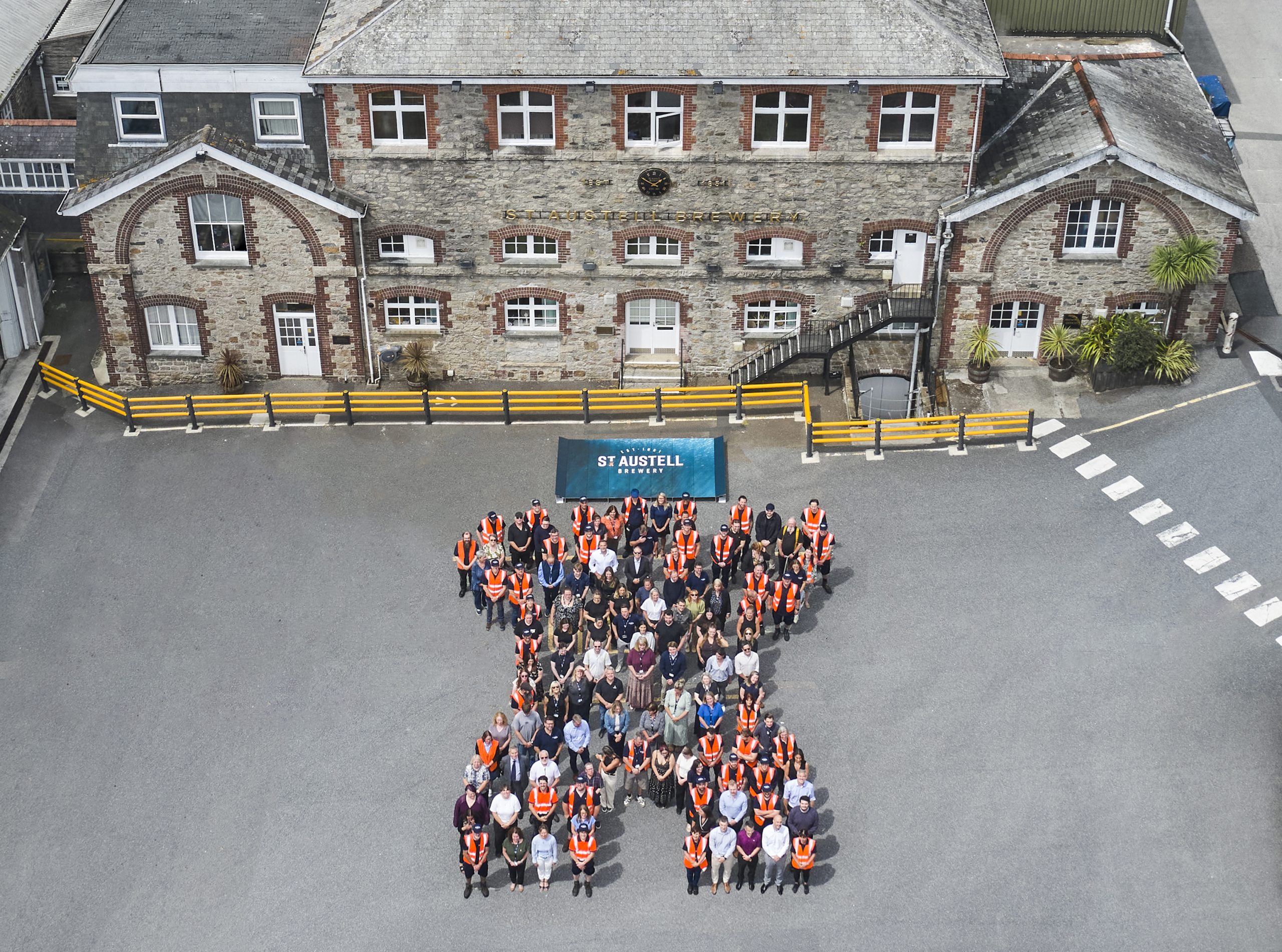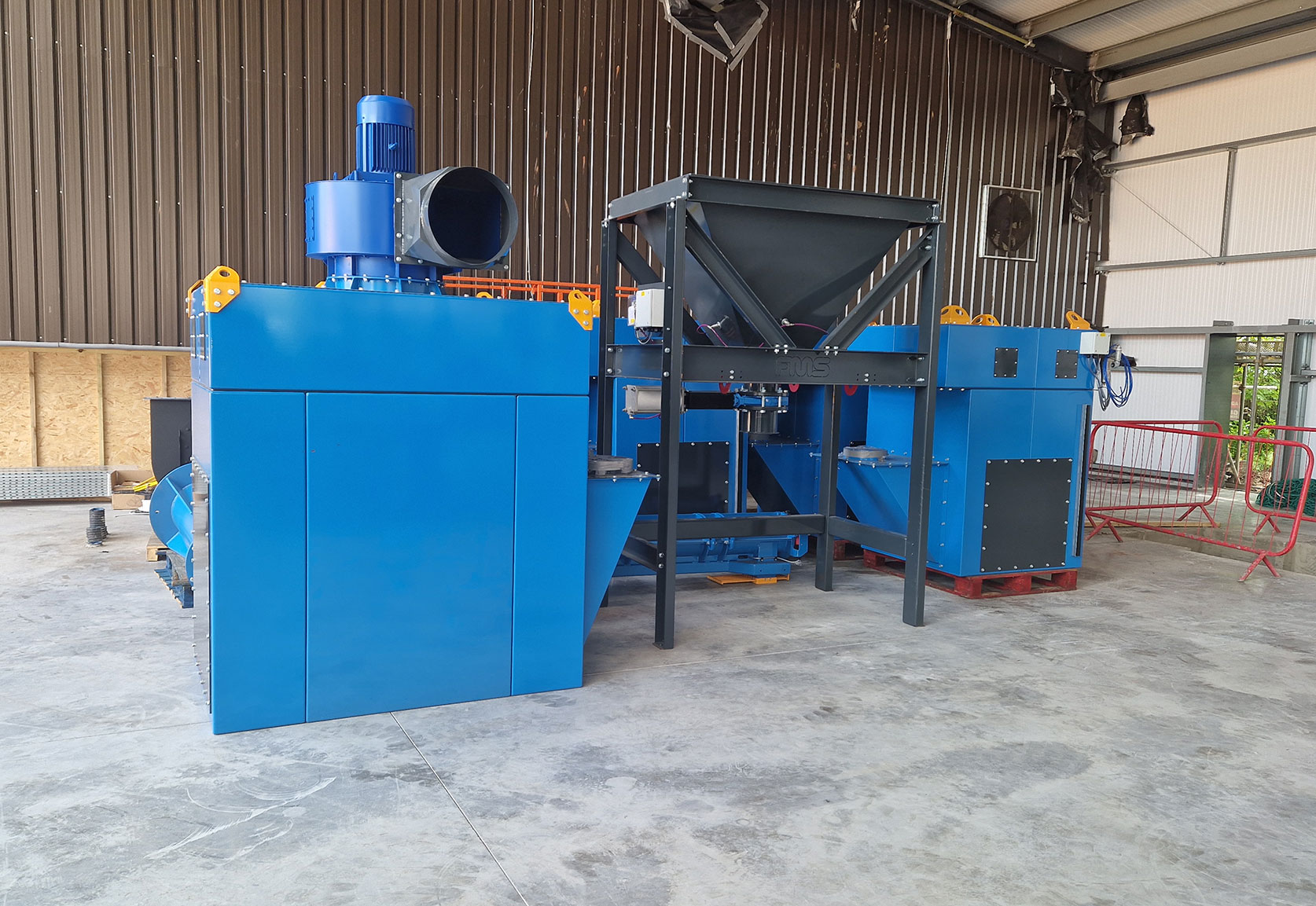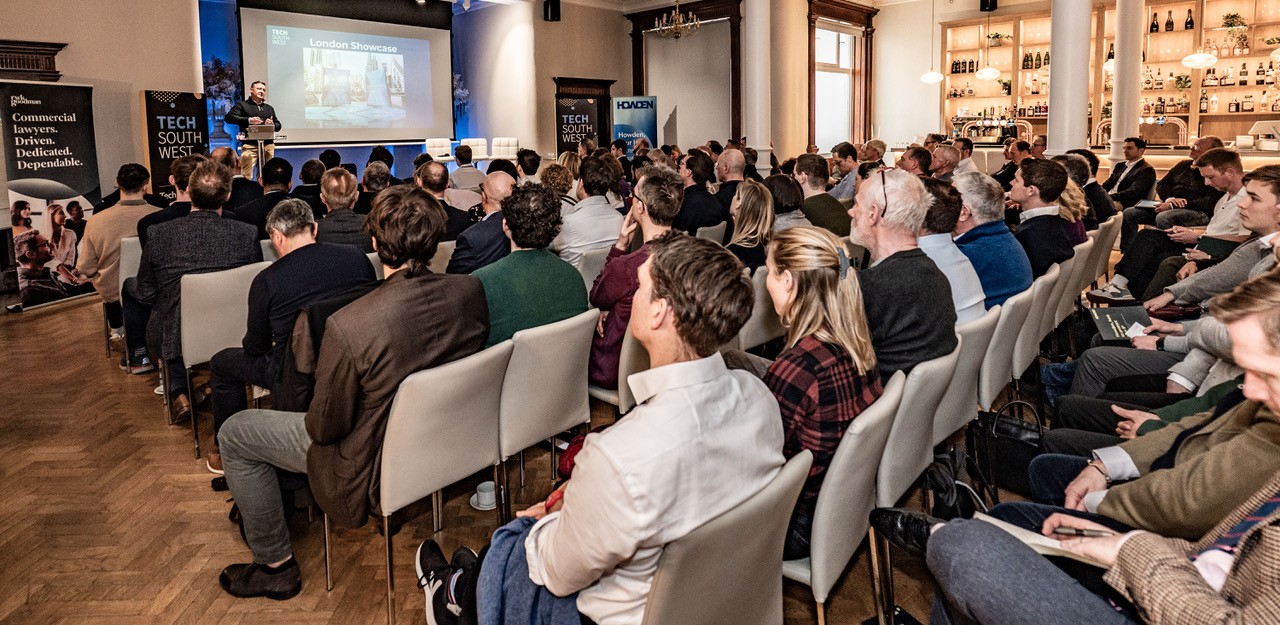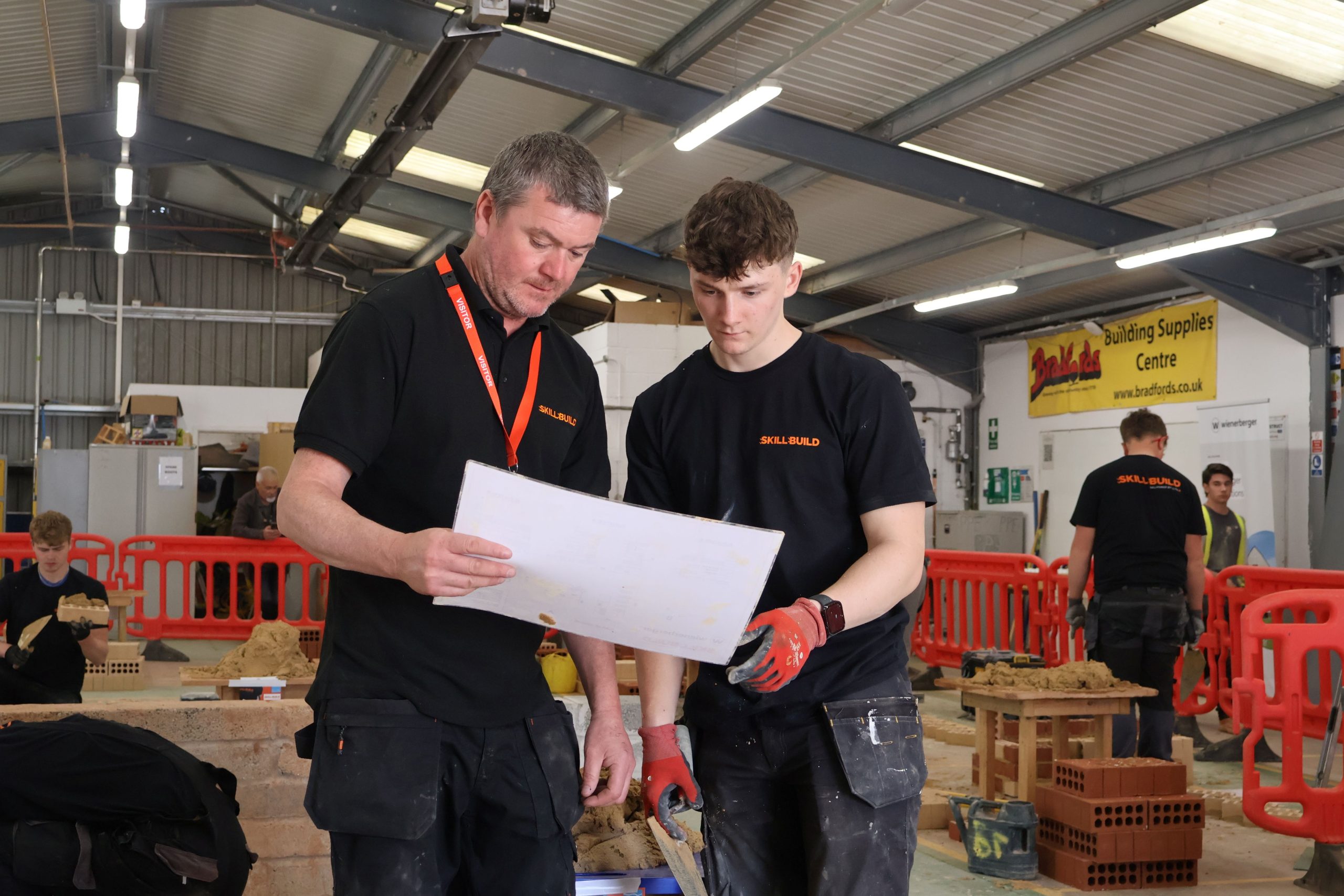Universities are now far more than places of research and learning. The scale and breadth of expertise across the UK’s higher education sector knows few bounds. But applying that in tandem with businesses to address the UK’s grand challenges is increasingly achieving breakthroughs that change the course of society as a whole.
Our commitments in this vein are long-standing ones. For decades, we have engaged in knowledge exchange initiatives that have enabled companies in the South West and beyond to harness our academic input. Each year, that involves talking to over 3,500 businesses, and our activities are worth £433m to Plymouth in terms of output generated.
There is currently a global drive to understand and address the climate emergency, and particularly with regard to topics such as net zero, energy independence, and digital security. As one of the world’s top five universities for marine research and teaching (according to the 2022 Times Higher Education Impact Rankings), we are increasingly focusing on these areas when it comes to business engagement.
The advances we have made in offshore renewable energy are just one example and would not have been possible if it wasn’t for universities, industry and government coming together. The upshot is we now realise the scale of the opportunity and the action needed to take advantage of it – and we are driving the innovation and engagement that will make those advances a reality.
In marine autonomy, we work with companies to optimise sensor developments for the all-important data capture to monitor offshore operations. While in clean maritime, we have combined with local and global companies to launch the UK’s first electric passenger ferries and create the UK’s first network of shoreside charging facilities. We are also generating the data needed to assess how this benefits the environment, which will be crucial if this emerging sector to expand over the coming years.
Organisations such as the OECD have predicted a doubling in growth in the ocean economy by 2030. That means there is a massive opportunity here in the South West, a region that relies on – but also stands to benefit most economically from – the sector. The University has been instrumental in bringing together industry, research and local government to drive clustering initiatives to drive growth in marine technology. This provides societal application for our research to boost the UK’s drive for net zero, and dramatically reduce the nation’s collective environmental impact on land and at sea.
So how does this all come about? There are many ways in which we engage with businesses depending on urgency and the level of funding available. If there is an urgent need for commercial testing, we can usually accommodate this within our wide range of world-leading facilities. And these are constantly being updated as part of a capital investment programme that will generate 2,026 jobs in the city to address UK’s grand challenges. Meanwhile if engagement could also enhance teaching, we could support via a student project at little or no cost.
Grant funding for industrially driven, collaborative research that a university can support was given a massive boost under the Industrial Strategy back in 2017. The Innovation Strategy in 2021 introduced even greater emphasis to unlock university resources to drive technological innovation.
This focus has enabled us to work directly with companies to test offshore renewable energy concepts, to explore how specially-designed blocks could protect our coastline and offshore energy infrastructure while also stimulating biodiversity, and to develop low-impact uncrewed vessel technology to capture coastal survey data.
The University has engaged in regional SME support programmes such as the Marine Business Technology Centre and Environmental and Big Data Impact Lab projects in Devon, and Marine-I in Cornwall. All of these draw in other regional partners and allow small companies to access the support and facilities they need to drive their new product development.
The benefits of this nature of engagement can go both ways, while also boosting the economy generally. Business get support to drive their innovation for new products or service development, while it enhances our students’ experience and helps inspire the next generation of innovators. It also provides a practical embodiment of our research-led thinking to positive social and economic benefit.

